Rue, too
SoCalJ
10 years ago
Related Stories
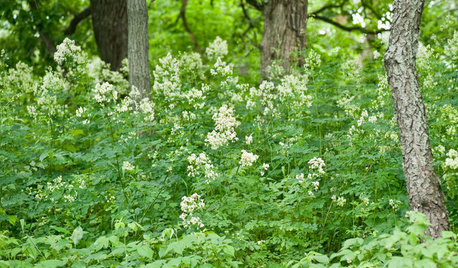
GARDENING GUIDESGreat Design Plant: Thalictrum Dasycarpum Dresses Up Shorelines
Plant tall meadow-rue on central U.S. shorelines and in moist gardens for its frilly cream flowers and blue-green softly lobed foliage
Full Story0
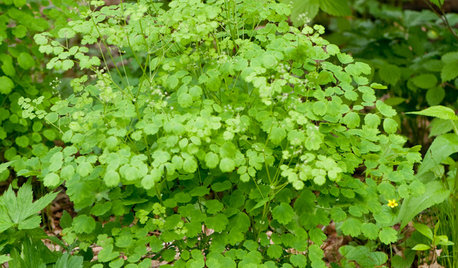
GARDENING GUIDESGreat Design Plant: Thalictrum Dioicum Thrives in Dry Shade
Plant early meadow-rue in eastern U.S. woodland gardens for its tolerance of dry sites and shade
Full Story

GRAYColor Guide: How to Work With Light Gray
The hottest new neutral can be cool or warm, formal or casual, and feminine or masculine. Talk about versatile
Full Story
KITCHEN DESIGNSoapstone Counters: A Love Story
Love means accepting — maybe even celebrating — imperfections. See if soapstone’s assets and imperfections will work for you
Full Story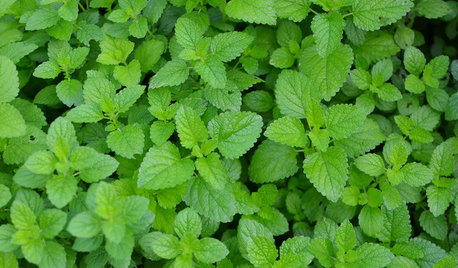
EDIBLE GARDENS12 Essential Herbs for Your Edible Garden
Make home cooking and drinks even better with herbs plucked from your own backyard or windowsill pot
Full Story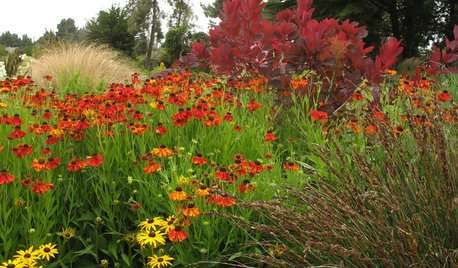
PLANTING IDEASWant a More Colorful, Natural Garden? Try a Perennial Meadow
Spend less time tending and more time taking in the sights by improving on Victorian and prairie garden designs
Full Story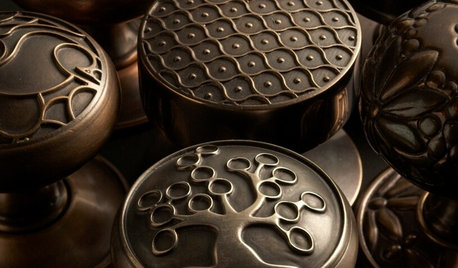
GREAT HOME PROJECTSNew Hardware Gives Doors a Turn for the Better
New project for a new year: Get a handle on how to find the knobs, levers or pulls that will make your doors memorable
Full Story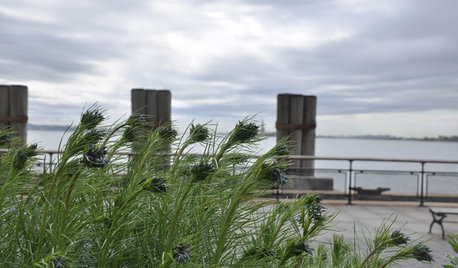
GARDENING GUIDES10 Native Wildflowers With Unique Foliage
When the flowers fade, these leaves keep the garden looking good
Full StoryMore Discussions







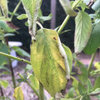
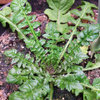
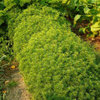
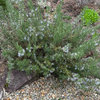
florauk
nickl
Related Professionals
Ilchester Landscape Architects & Landscape Designers · Seabrook Landscape Architects & Landscape Designers · Arlington Landscape Contractors · Edmond Landscape Contractors · Matthews Landscape Contractors · Arden-Arcade Landscape Contractors · Englewood Landscape Contractors · Fort Atkinson Landscape Contractors · Inglewood Landscape Contractors · Middletown Landscape Contractors · Norristown Landscape Contractors · Teaneck Landscape Contractors · Hudson Roofing & Gutters · Mooresville Roofing & Gutters · Schenectady Roofing & Gutterslinda_tx8
chervil2
coing
nickl
goodearth